EMQ » July – Oct 2024 » Volume 60 Issue 3
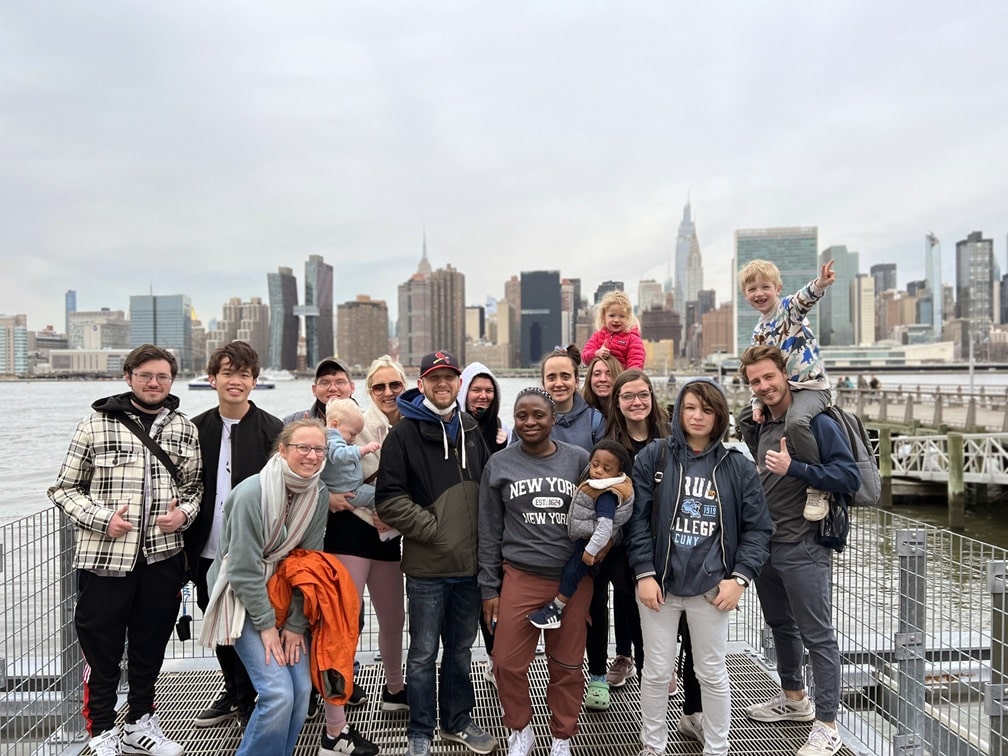
Collaborative Ecosystems
Summary: God is sending hundreds of unreached people groups (UPGs) from their homelands to other parts of the globe. These UPG communities are no longer only accessible to long-term missionaries. Urban collaborative ecosystems provide a low-cost method to mobilize large-scale service from non-apostolically gifted people to reach the unreached urban diaspora.
By Don Allsman
Jesus’s strategy to build his church has always been by the power of the Spirit and the testimony of his people. Within that framework, missions has also capitalized on human innovation. Ships, steamboats, and airplanes accelerated the deployment of missionaries while digital technologies created new avenues for engagement.[i]
Yet despite these developments, the basic formula has been static for centuries: an apostolic team in a specific geographic location until indigenous leadership emerges. This here-to-there paradigm has been the fruitful standard for centuries.
The world is becoming less rural and more urban, less isolated, and more interconnected. Our networked society not only connects people from different parts the world, but over 350 million people have moved (or are moving) from their historic context of origin (the diaspora).[ii] These demographic shifts allow the implementation of polycentric missions (everywhere-to-everywhere) approaches.
While the deployment of long-term missionaries is still needed, the church is no longer limited by it. Low-cost engagement can be implemented in urban settings among the diaspora, mobilizing large-scale service from non-apostolically gifted people. This can be done by launching an urban collaborative ecosystem.
Diaspora Opportunity
God is sending hundreds of unreached people groups (UPGs) from their homelands to other parts of the globe.[iii] The diaspora are not only immigrants and refugees, but professionals and international students. If reached here, they can use digital technology to make disciples and plant churches back home among their oikos.[iv] Those homeland disciples can be encouraged to engage near-culture neighbors comprising 1,586 remaining unengaged people groups.[v]
The opportunity is great, but the challenges are significant. During 30 years in urban ministry, I observed the complexities of cities. People are constantly on the move, so building relationships is difficult. Without warning people move across town or to another city. Oikos relationships, which start geographically close, can fragment, dispersing into places unknown. Also, immigrants often work multiple jobs, leaving little time for discipleship. Children assimilate more quickly than parents, and family structures suffer under the stresses of the city.
Also, urban diaspora ministry requires different approaches. Refugees often live in high-crime neighborhoods and need help with basic needs. Meanwhile, professionals and international students live in higher-income neighborhoods but suffer from loneliness and isolation.
Also, the city is comprised of a dizzying array of religious backgrounds (e.g., Muslim, Hindu, tribal) that are comprised of smaller groups with linguistic or cultural differences. In the Dallas-Fort Worth (DFW) region of Texas, over 300 people groups have been identified.[vi] This complexity is exacerbated by duplicated efforts such as when a church does outreach in the same apartment building as a missions agency, and neither are aware of each other’s presence.
Diaspora workers know that collaboration is the only way to overcome these challenges. Yet, even if they could easily find partners in the massive sea of their metropolis, they often have little time or bandwidth for meaningful collaboration. Accessible technologies and shared information would be invaluable, but few have the energy or expertise to establish such platforms.
Additionally, organizations may fear losing donors and volunteers, or feel hesitant to partner with those having different strategies or theological positions. This can leave thousands of believers on the sidelines unaware of how they might use their gifts.
The Ecosystem Solution
An ecosystem is a place where diverse organisms interact to sustain life. Each does its work for the sake of the whole without central leadership. Plants, animals, and sunlight have roles that contribute to the functionality of the natural world. An urban diaspora ecosystem has churches, parachurches, and missions agencies that each play a part to reach UPGs in their metropolitan area.
Three such ecosystems have formed: two in Texas (Houston and DFW) and one in Oregon (Portland). These local, organic networks of people offer holistic ministry, evangelism, discipleship, church planting, and church leadership development for local diaspora people groups until no unengaged-unreached people groups remain.
While their purpose is local, they also to serve as a gateway to reach the world. In each urban area, dozens of churches, parachurches, and agencies have responded to invitations to use their specialty for the coalition. These collaborations are still developing, but six concurrent elements have emerged as foundational in forming an urban diaspora ecosystem: directory of opportunities, tracking metro progress, intra-member communication, training for engagement, including all ethnicities, and field to force.[vii]
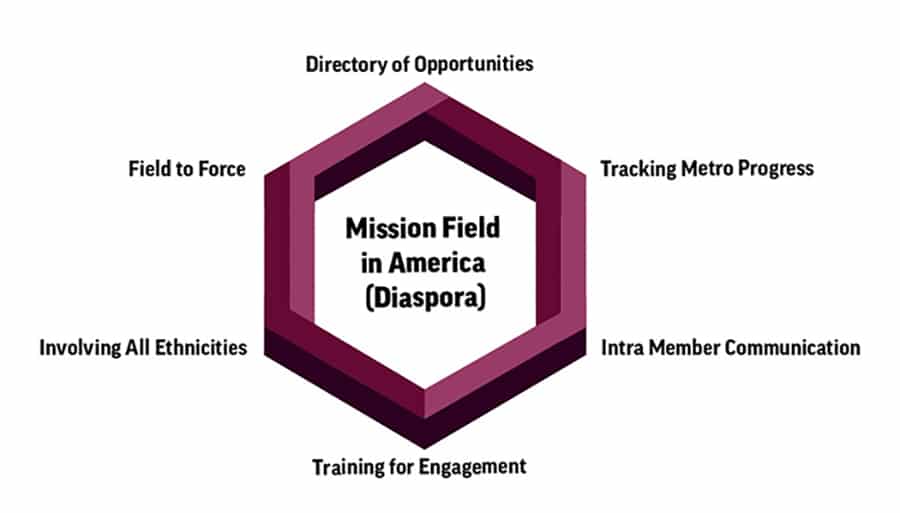
Figure 12.1: The Collaborative Ecosystem [rebuild this graphic beautifully]
Directory of Opportunities
Create an onramp to mobilize large numbers of people with a variety of spiritual gifts to serve their local diaspora. Historically, if someone was interested in missions, they were limited to giving money, going on a short-term trip, or being deployed overseas. But recent diaspora migration opens the door for anyone to serve without leaving home.
A website directory connects lay people with a host of outreach opportunities. In DFW, the directory includes 27 different options[viii] from ESL or international student outreach to technical support and demographic research. One young woman began volunteering after looking at the directory’s options and discovering she could use her administrative gifts at a local missions agency. This platform provides a way to unite the faith and work movement with the global missions community.[ix]
A directory also serves pastors by providing a single place where parishioners can look for volunteer opportunities with trusted agencies. Or, if a church wants to do frontline work, the directory can connect them with a training organization to help them get started.
Tracking Progress
The main objective these coalitions work toward accomplishing together is seeing indigenously-led churches among local UPGs which reproduce in their homeland. To meet this objective, data revealing progress and gaps must be tracked.
Bud Houston is a researcher with previous engagement in the DFW hub. He said, “Nothing creates excitement to engage the diaspora like holding up a people group list and asking who will go after those not being engaged.”
The People Group Tracker (PGT) is a simple tool designed for urban diaspora collaboration. The PGT is simple enough for a store-front church to use and takes only a few minutes each year to update. Each ministry engaging with a people group is responsible for entering and editing their own data.
A field is updated only when one of eight milestones is reached: (1) UPG identified, (2) prayer assigned, (3) practitioner assigned, (4) engagement begun, (5) discipleship group started (6) Indigenous church started, (7) Indigenous leadership started, and (8) the church reproduced in homeland.
Sometimes people fear that tracking will be used as a performance measurement. But the PGT is designed for collaboration, not measuring outcomes. For example, an agency might be engaging a people-group in one place without awareness that in an area 30 miles away a church is ministering to the same population. The PGT helps teams like this find each other so they can share ideas or plan events together.
The PGT also provides a measure of the ecosystem’s ethnic diversity. The PGT lists the ministries who are engaging cross-culturally to the diaspora and can serve as a roster of participants. This can help identify where recruitment might need to take place, so other ethnic groups can be proactively invited to join in coalition efforts.
Considering security concerns, the PGT is password protected and unavailable to the public. Reports can also be generated to show the gaps and opportunities while preserving confidentiality.
Intra-Member Communication
Use an instant messaging (IM) platform (e.g., Discord, Telegram, WhatsApp) for coalition members to share ideas, events, or prayer requests. Each member can filter the traffic to receive only what they find helpful. The DFW platform has five channels on Discord including discipleship resources, prayer requests, and community needs.
Training for Engagement
People need a variety of training to serve diaspora communities well. Some need to understand the biblical basis for missions, and others need to be equipped to engage with Afghans. Other groups or individuals may want to learn more about how to have spiritual conversations with their diaspora neighbors or colleagues, or even how to build relationships with them at social events like children’s soccer games. Creating training for these various needs is imperative.
Yet, it is also important to consider the context of the trainees as well as the strategies they may want to implement. For example, some will be more comfortable with training from those sharing their doctrines (e.g., Presbyterian), and others will prefer to focus on church-planting approaches (e.g., disciple making movement – DMM).
Involving All Ethnicities
Citywide collaborations have been disproportionately led by the White church. But when Black, Latino, Asian, White, and churches of recent immigrants work together in diaspora outreach, the ecosystem’s potency is amplified.
This not only increases the size of the coalition, but demonstrates a powerful apologetic about the Lordship of Christ (John 17:23). Diaspora outreach is a natural place for God’s people of all races and ethnicities to serve on equal footing. Diaspora groups know America’s history of ethnic division, so visible expressions of unity are powerfully effective.
Additionally, many historically Black and Latino communities are experiencing shifting demographics, leaving pastors bewildered about how to do outreach, and desiring help from trusted partners. For example, when an Asian family came to Pastor Bailey’s African-American church, he was grateful for help from coalition partners with experience in Hindu-background ministry.
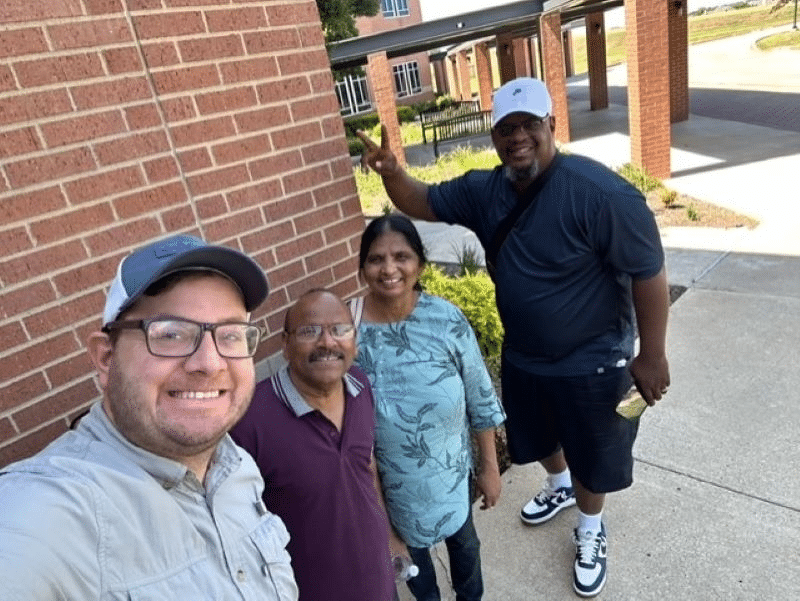
Texas: Pastor Kevin Bailey (right) pastors an African-American church that welcomed a family from South Asia. Grant Goodrich (left) of the DFW Diaspora Coalition helped Pastor Bailey connect with partners with Hindu-background ministry experience so they could effectively minister to this new family. Photo courtesy of Don Allsman.
Creating trust among people from wide variety of races and ethnicities requires time and effort. After centuries of broken promises and disappointments, patience and humility are required by everyone seeking to work together as a reconciled community.[x]
Field to Force
Empower people to join the mission force who have been traditionally viewed as the mission field. For example, under-resourced urban poor churches have rightfully received assistance from resourced churches, and this needs to continue. However, urban churches should also be invited to participate in their own missional engagement with immigrant communities living only blocks from them.
As diaspora UPGs begin to have Indigenous-led churches, they leave the UPG list. These churches can become coalition members and engage cross-culturally with another UPG in their metropolitan area.
In addition, thousands of prisoners across America are receiving biblical leadership training[xi] and are effective evangelists among Muslims, Hindus, Buddhists, and Satanists living with them in prison. They are mature, passionate, fearless, and grounded in the Word. Prisoners who complete their sentences can engage the diaspora in cross-cultural evangelism like they did in prison after a period of adjustment to civilian culture.[xii] They can also provide vitality for church members who are hesitant to engage the diaspora in dangerous neighborhoods. Foreign prisoners who are deported can become missionaries back in their homelands.
Fruitful Practices
People experienced in diaspora work report that several fruitful practices are key.[xiii] Among the most important is to honor people and their organizations.[xiv] Each person represents a group, ministry, or tradition seeking to glorify Christ. They should be respected despite differences. For example, silos can be seen as an impediment to partnership, and people can be encouraged to break down silos for the sake of a coalition. However, silos can also be healthy boundaries around a distinct organization or group identity. These kinds of silos can be valuable as long as each group is willing to network their silos together.
Organizations are comprised of supervisors, boards, donors, dreams, and strategic plans, so encouraging people to remain faithful to those responsibilities allows for collaboration to flow. They can participate in the ecosystem without being disloyal to their tradition or compromising their organization’s identity. Also, promotion of local specialty networks (e.g., DMM huddles, denominational associations, or refugee fellowships), reduces potential for competition. They can be invited to join your ecosystem while retaining their own identity.
Another fruitful practice is minimizing commitments. Busy people see required meetings as a hindrance to collaboration. When meetings do occur, start and end on time and be prepared with an agenda. Avoid asking for money, which is the quickest way to destroy collaboration. When approaching churches, sometimes diaspora workers are unaware of the burden carried by overwhelmed pastors. Instead of asking churches to help, offer ways to make pastors’ burdens lighter. Instead of adding to their list of responsibilities, offer tools that make their lives easier.
Start small, with simple approachesbefore scaling to a larger level. Avoid technical or divisive topics such as the best way to make disciples. Also, look for unconventional partnerships. For example, an international student ministry can work with a secular university to provide mutual benefit without diluting the gospel.
Tools help, but people collaborate. A website can be established, the PGT engaged, and an IM platform launched, but collaboration happens only when individuals from churches, parachurches, and agencies engage in spiritual battle together. A diaspora ecosystem can help people collaborate more effectively.
Steps to Launch
Consider the following three steps to launch an urban diaspora coalition in a metro area:
Establish the Core
Find at least three people committed to pray for the coalition’s formation.[xv] In this early stage, seek organizational leaders because field workers are often too busy with day-to-day relationships to design a coalition. Once this core is gathered, work on building relationships and hearing each other’s passions. Houston started with seven people and DFW with three. Each represented separate organizations that had not yet used the ecosystem as a vehicle to promote their own work.
Next, agree on a mission statement, three to five values, and the future phases of the coalition as it matures. Find out the history of diaspora work in the area, and, whenever possible, thank those who were involved. Recognizing that a diaspora coalition is a continuation of labor performed by faithful people in decades past provides a foundation to build upon.
Next, assign responsibility for the website directory, another person to the PGT, and a third person to the messaging platform. Wide distribution of responsibilities reduces dependence on a single organization.
Invite Participation
Schedule informational meetings to share the mission, vision, values, and the six ecosystem activities listed above. Meet in a variety of settings to encourage broad participation. In DFW, meetings were held in an under-resourced community center, a mission agency headquarters in upscale Dallas, and at a Fort Worth church. In Portland, initial meetings were scheduled with small groups of diaspora pastors.
Using interest generated from the meetings, populate the website directory and IM platform. Some ministries may be hesitant to make a long-term commitment until they see how useful the PGT is, so pilot-test it with them. Once it is field tested, invite others to join. Secure a back-up organization for the directory, PGT, and IM platform in case people transition.
Broaden the Net
Keep inviting people to join the coalition, especially people of color and those who have served on the mission field. Meet with pastors to build bridges and offer them help via tools like the directory.
Also, develop annual objectives for the next three years that build toward later phases of the coalition. For example, by 2026, have 10 new diaspora churches participating on the PGT, or develop an international student ministry subgroup.
Finally, consider how your coalition can interact with other cities. For example, if someone in your city is ministering to a family who suddenly moves to Detroit, how could they connect them to a Detroit coalition?
Collaboration in our DNA
Paul said: “… We are to grow up in every way into him who is the head, into Christ, from whom the whole body, joined and held together by every joint with which it is equipped, when each part is working properly, makes the body grow so that it builds itself up in love” (Ephesians 4:15–16, ESV).
Christ’s body, the church, is equipped to be joined and held together. When each part is working properly, multiplication naturally follows. The body builds itself up in love. God put this quality in our DNA, but to activate it, each one needs to play their part.
The church can work together to reach the people landing in the chaos of our urban centers. Central planning, sophisticated expertise, highly educated leaders, and costly programs are not needed. Each part simply needs to do its work and the body will build itself up in love. When silos are networked together, it creates from-here-to-everywhere opportunities with monumental potential for the Great Commission.
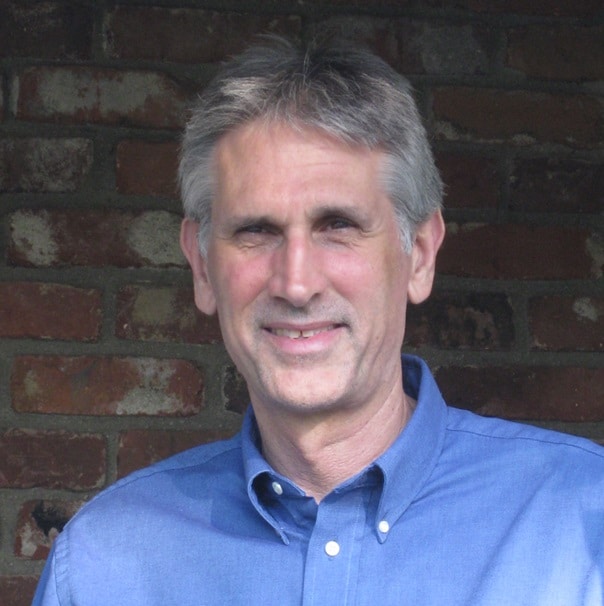
Don Allsman (don.allsman@completion.global) is the CEO of Completion Global, a Christian networking organization seeking to accelerate innovation for the Great Commission. For 30 years he served with World Impact, a missions organization seeking to plant churches and develop indigenous leaders among America’s unreached urban poor in several inner cities and prisons. Don and his wife, Cathy, live in the Dallas area of Texas.
[i] Ron Boehme, The Fourth Wave: Taking Your Place in the New Era of Missions (YWAM Publishing, 2011).
[ii] Eldon Porter, Collaboration in Urban & Diaspora Rich UPGs (video), https://youtube.com/watch?v=EkHg5klLP9E&feature=shared, accessed January 15, 2024.
[iii] The focus of this article is the US but the principles are applicable in other gateway cities around the world.
[iv] According to the Oxford Classical Dictionary (oxfordre.com), an oikos is, “… the fundamental social, political and economic unit of ancient Greece.”
[v] “Who are the Unengaged Peoples?,” Unengaged Peoples, accessed January 15, 2024, https://www.unengagedpeoples.com/.
[vi] Tim Ahlen assembled a list in 2019 using DFW international, peoplegroups.info, and Dallas Baptist Association.
[vii] This is not the only way to form an ecosystem. Several other viable models exist in Phoenix, Philadelphia, Austin, and through International Neighborhood Network. Email me for contacts.
[viii]This website can be duplicated in your metropolitan area without development costs, and it has flexibility in content. See dfw.diasporacoalition.net, available from EmpowerTech (empowertech.solutions).
[ix] Ted Esler, “The Faith and Work Movement and The Global Missions Community,” TedQuarters, February 15, 2024, https://open.substack.com/pub/tedesler/p/the-faith-and-work-movement-and-the.
[x] The National African American Missions Council (https://www.naamcmissions.org/) is mobilizing African Americans to missions, and Reconciliation Fellowship (https://www.completion.global/reconciliation-fellowship) is a Zoom fellowship I co-lead with Pastor Rickie Bradshaw, seeking to turn Black-White reconciliation into missions activity. Both are attempting to work toward the Great Commission, not just reconciliation as a social issue alone. Email me for other ideas.
[xi] Especially through World Impact’s Capstone Curriculum and Fight the Good Fight of Faith, worldimpact.org.
[xii] Don and Cathy Allsman, Climbing Up: Preparing on the Inside for Service on the Outside (Completion Global 2020); see also Mark Walker and Quentin Valdois, Prison Ministry as Cross-Cultural Mission (video), May 2023, https://vimeo.com/831975408/8fcf4152df.
[xiii] Thanks to Ellen Livingood (catalystservices.org/philadelphia-regional-diaspora-network/) for her wise insights about urban diaspora collaboration in Philadelphia, and Jakob Koch (revjakobkoch@gmail.com) who is working with international students in Canada, whose experiences influenced some of these conclusions.
[xiv] Grant Goodrich has modeled Romans 12:10 and continually admonishes coalition members to outdo one another in showing honor.
[xv] In our first meeting Greater Houston Diaspora Coalition meeting, Pastor Rickie Bradshaw declared that this effort was borne out of many years of prayer to prepare the way, just as John the Baptist did work to prepare for the Lord’s coming.
EMQ, Volume 60, Issue 3. Copyright © 2024 by Missio Nexus. All rights reserved. Not to be reproduced or copied in any form without written permission from Missio Nexus. Email: EMQ@MissioNexus.org.





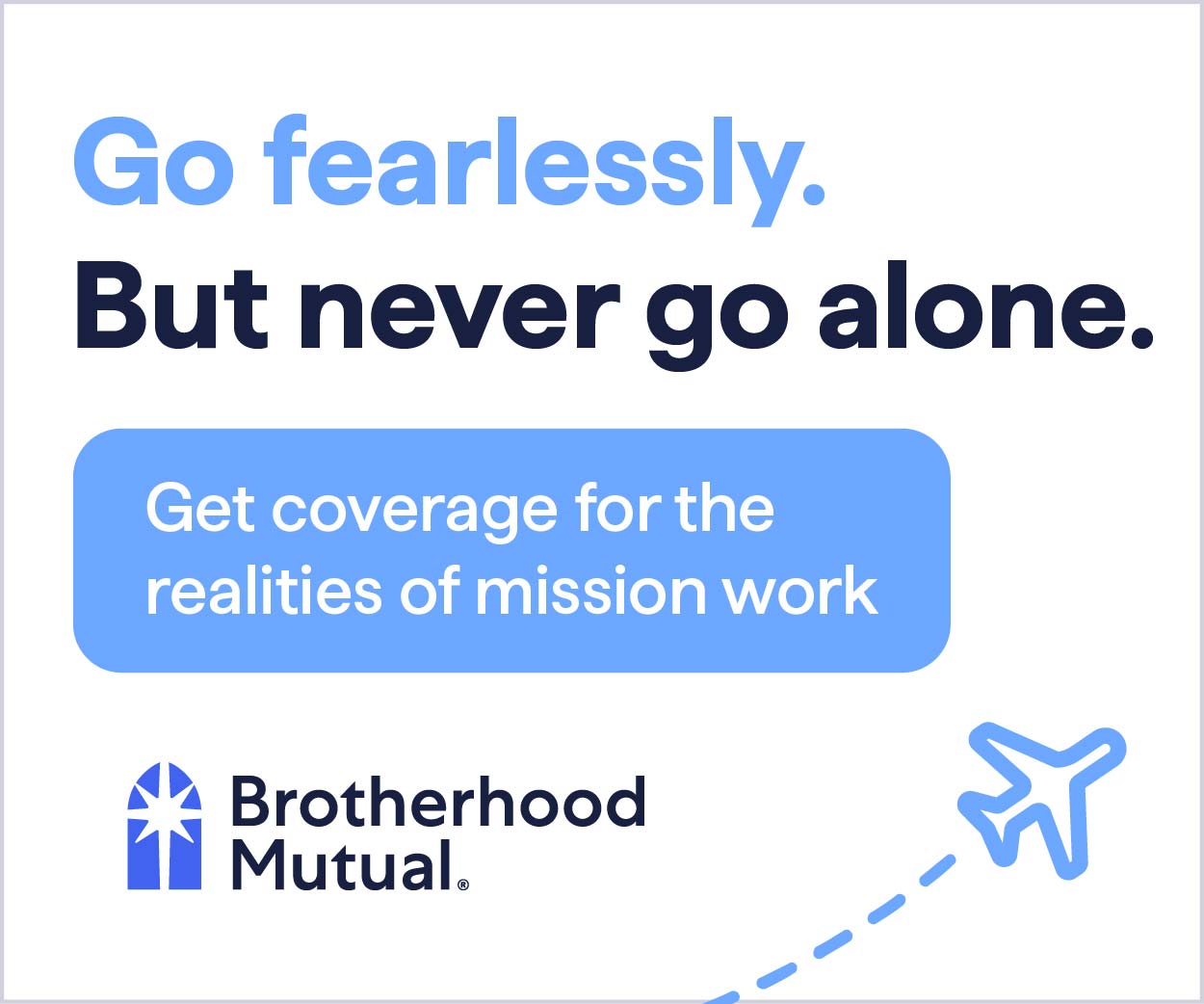
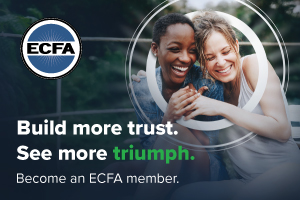
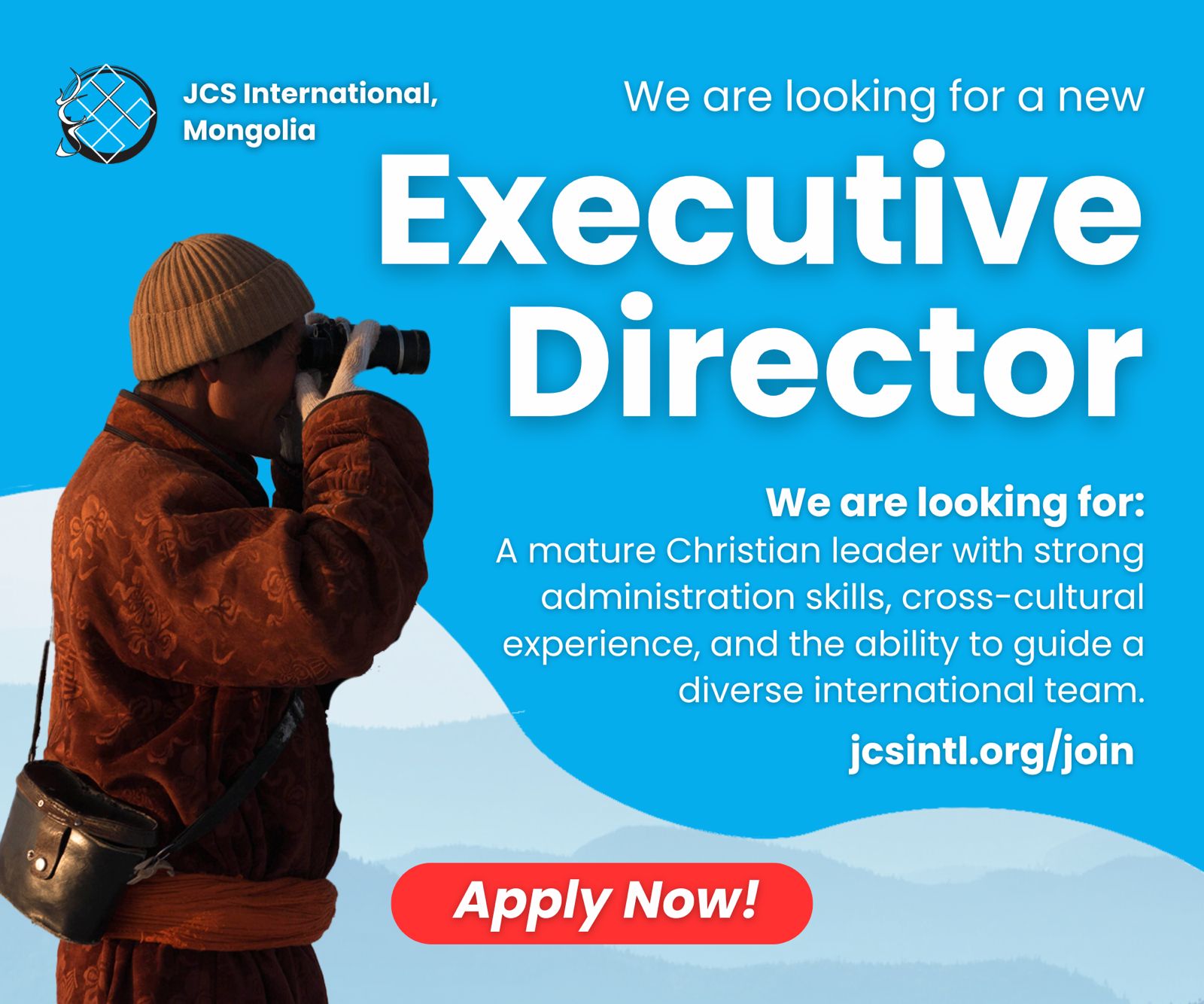
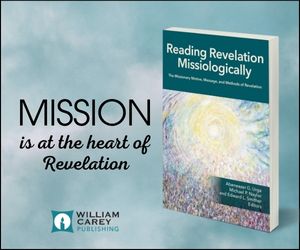
Responses